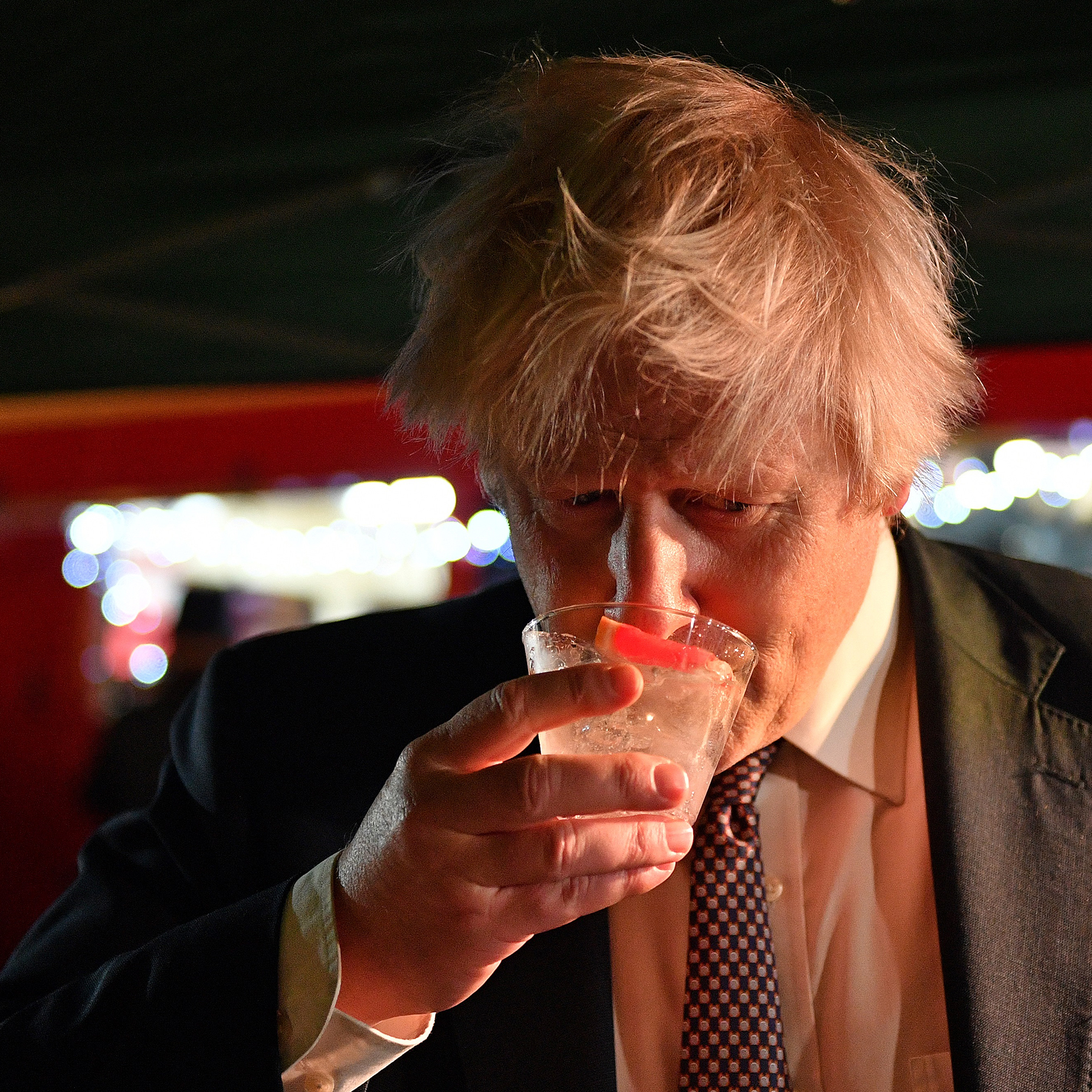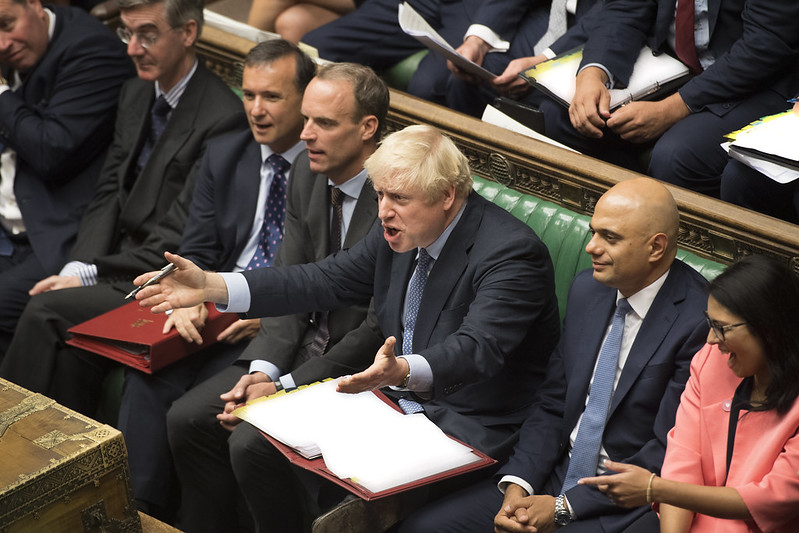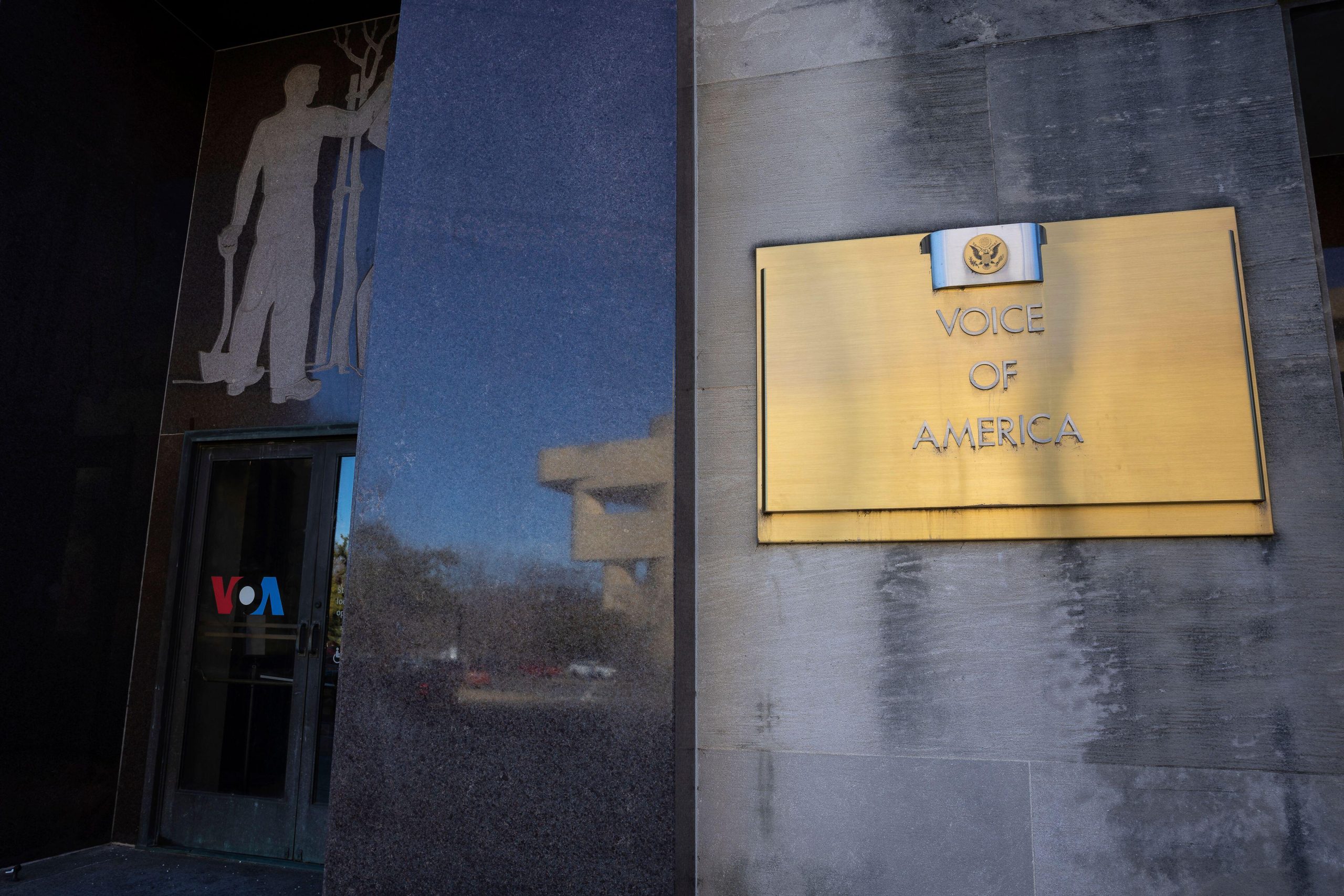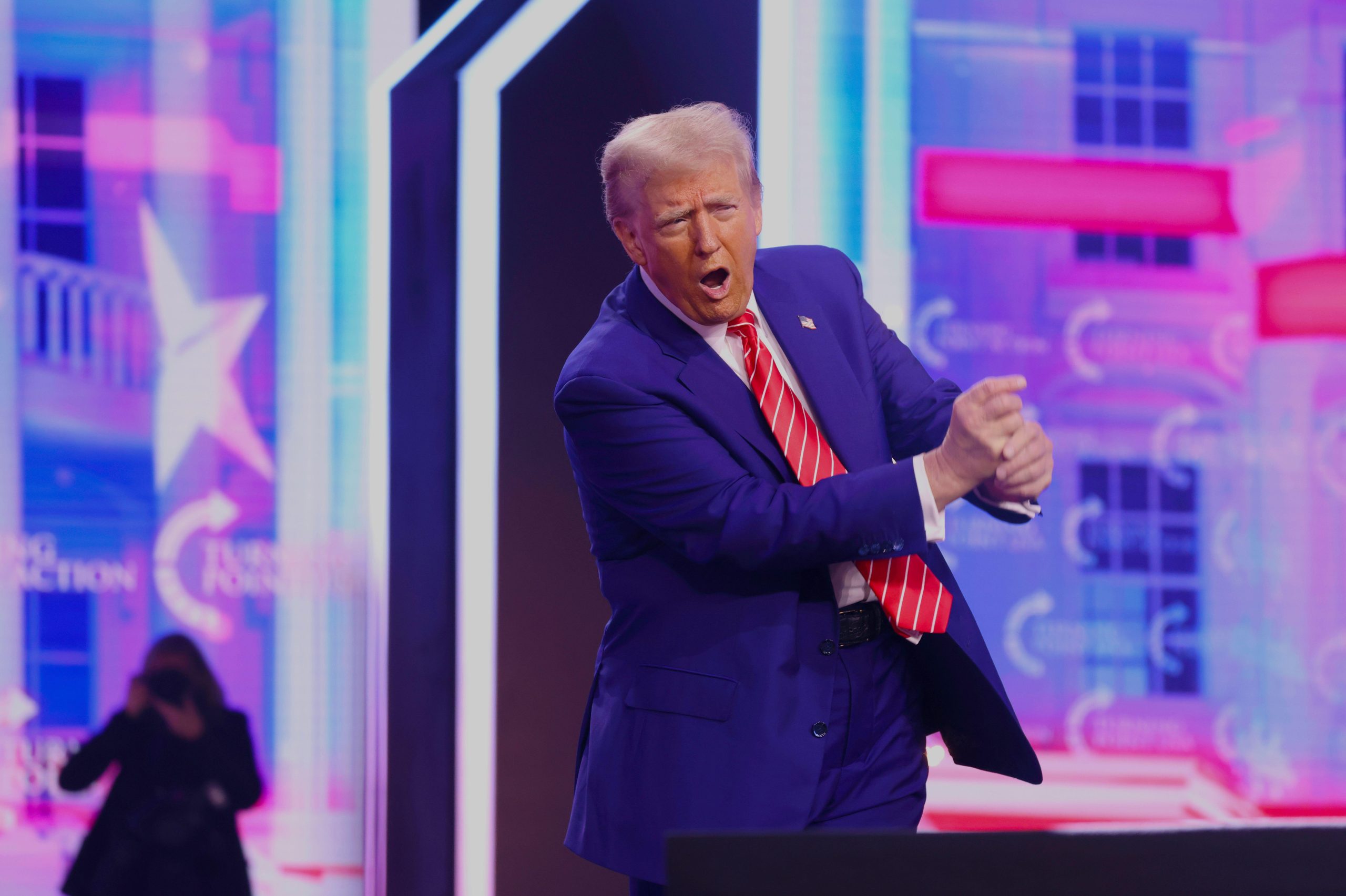
Prime Minister Boris Johnson samples an Isle of Harris gin. Photo: Justin Tallis/PA Wire/PA Images
This week was election week in the UK and, as a former parliamentarian, you’d expect me to be writing about the joy of being able to express ourselves at the ballot box and the vital importance of democratic values when they seem so under attack at the moment in too many places to mention.
I love elections, I love the debate, I love speaking to people on their doorsteps and there is nothing like a successful election count for your party. I cherish the fact that I am lucky enough to live in a democracy, that typically my human rights are protected because my fellow citizens also believe that democracy is something to be protected. But voting is a means to an end – it allows us all to hold our politicians to account and to ensure that our core values are reflected in our government. This only works if you believe that your democratically elected government is going to stick to the rules and it’s that that I have been reflecting on for the last couple of weeks.
There are some conversations that keep coming back to you. That spark debate and lead you to question the status quo. Last month, I had a series of meetings where there was a recurring theme that did just that.
International norms and the rule of law, which underpin both our democratic states and our world order, are only relevant if state actors recognise them and that culturally we all acknowledge their necessity.
The moral authority of democratic countries is dependent on how they choose to apply the rule of law – both domestically and internationally. On whether they are prepared to defend core democratic values, even when inconvenient, on a national and international stage. It’s the application of these norms and rules which empower democratic states to challenge others when they break them. And the recurring message from my meetings was that there was no longer an acceptance that democratic states were prepared to uphold the rule of law – if it didn’t suit them. And therefore, we are losing our moral authority to intervene when others break the law.
Poland is being fined one million euros a day by the European Court of Justice for undermining its domestic judiciary. Rather than comply with the ruling, Poland has been happy to let the fine mount up – a proportion of its EU finding withheld to pay for it.
The European Commission is also cutting funding to Hungary for eroding legal standards in the EU.
The British Prime Minister has been fined for breaching his own Covid-19 regulations and, pre-pandemic, was found to have unlawfully suspended Parliament.
In the US we saw incitement by leading politicians to undermine a smooth transition of power after the last presidential election.
This would be dangerous at any time, but right now when Russia and China are both attempting to leverage their power and influence, invade and threaten their neighbours we have never needed to uphold our international norms more.
The leaders of our democratic nation states speak with a level of moral authority on a global stage because their voice is our voice, because they are seen to uphold our core values – and they can therefore challenge other world leaders when they cross the line. If our current global order is to survive it’s therefore imperative that our leaders uphold the law – whether it suits them or not.
The rule of law is the basis of the campaigns that Index runs. Our work is framed by Article 10 of the European Convention on Human Rights – that everyone has the right to freedom of expression. We demand that national states uphold the values espoused by the Universal Declaration of Human Rights. If our leaders aren’t upholding these values, then it’s not just their voices that are weakened but ours too.
My fear is that when international norms aren’t followed – when our leaders opt in and opt out of laws and norms they don’t like – then repressive regimes thrive and their citizens are the ones that suffer.
So, this is really a plea to all of us who are lucky enough to live in democratic societies – hold your leaders to account and make sure that they comply with the law – so that we all have the moral authority to hold the tyrants’ feet to the fire.






